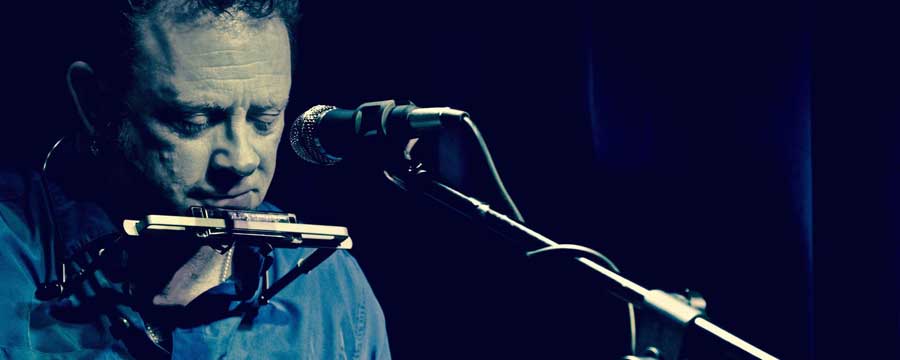
Tell us about your tour vehicle. Any notable breakdown stories?
When I can drive, I drive a 2007 Honda Accord with a V-6. It has 160,000 miles on it, but I bought it used with 110,000 so it still feels like my new car. I’ve had to fix some of the usual stuff and it had a pile of rocks tear through the AC system to the tune of $1600.
When I fly, I rent the usual collection of bland midsize sedans. Recently, I found myself stuck at Love Field in Dallas because the folks at Advantage Rentals decided to close early. I thought that might be worth mentioning so that other touring musicians stay the hell away from Advantage.
Breakdown stories? Other than blowing out clutches every time we went to Kansas – 1987 Ford Econoline Van – in the late ’80s, I tend to breakdown with the usual collection of flat tires and the like.
How do you eat cheaply and/or healthy while on tour?
I tend to buy food at grocery stores and stay where I have access to a refrigerator. I love spicy, ethnic, is that even a word for food these days, with all of the fusion food out there, food, but I keep a very bland diet on the road. I won’t give up coffee, ever, but I drink primarily water and low glycemic juice blends. On tour, I cut my calories in half, at least, and I tend to eat very little in the hours before and after shows. I come home skinnier.
How many strings do you break in a typical year? How much does it cost to replace them?
I break very few strings. Twenty-five years ago I played a lot harder and broke a string every other show. But I’m older and between shoulder surgery and arthritis in my wrist and fingers, my playing has lightened up considerably. Having to adjust my playing style – including using small-bodied guitars – to stay healthy has caused me to be a much better player. I change them regularly and probably spend $20-$40 each month I’m actively touring.
Where do you rehearse?
There is a small apartment connected to my garage. I tend to rehearse there. I do all my recording and some recorded rehearsals in my tiny upstairs studio. It used to be a walk-in closet. It has incredible sound and no parallel surfaces so it’s great for vocals and for hearing a true rendition of what my audience will hear.
What was the title and a sample lyric from the first song that you wrote?
The title is “Alligator Joe.” Unfortunately, I don’t recall a single lyric. I think it was a thinly disguised Tony Joe White/Jerry Reed rip off.
Describe your first gig.
My three-piece and I played Hendrix-influenced trio rock at the Iowa City Rec Center. People threw stuff at us and I created a ground loop with the microphone and my Strat that caused an electrical shock and gave me a scar on my lip that stuck around for 20 years.
What was your last day job? What was your favorite day job?
I was shit canned from AT&T after almost 20 years, most of those with the far superior pre-merger Bellsouth Mobility, in 2014. At the time, I was doing a job I despised, but it was paying the bills.
My favorite? I worked for 13 years as a market manager for Bellsouth Mobility before the ATT merger. I loved the job and the people who worked for and with me. I’d still be doing it if that was possible.
How has your music-related income changed over the past 5-10 years? What do you expect it to look like 5-10 years from now?
I was out of the business completely – didn’t even pick up a guitar more than a couple of times – for 13 years. When I left, the business had some money available in return for hard work, there was no crowdfunding or YouTube and social-media stars, and a songwriter could expect to make a decent living from having other people record their songs. But I was an outsider and didn’t have much success before I left the business, so the only thing that has changed for me is that when I write a song now it doesn’t matter to me if anybody else might record it, because so much has changed in the songwriter’s royalty world. That’s actually a great place to be because I can write without worrying too much about what other people think. One should never say never, but I hope to keep doing this the traditional way, one listener at a time.
What one thing do you know now that you had wished you knew when you started your career in music?
The music business has always been the purview of a very few hyper ambitious people whom the public gets to know. Musicians have always created great works regardless of how they’re received by music business. So I think the music business will still be the music business, and income for outsiders like myself will depend more on finding the people who love what I do and less on how the business embraces me. Nobody can do it alone, and I do have people I trust working with me, so I’m optimistic. And I am willing to make my money outside of the music business so I can keep writing as I wish to write. Still, I hope to keep making a living, however meager, with music.
